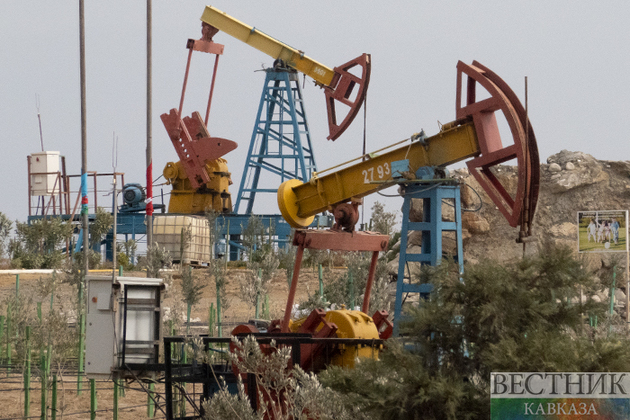The World Bank reported that oil prices could be pushed into “uncharted waters” if the conflict between Israel and Hamas widens, which could result in increased food prices worldwide.
The World Bank’s Commodity Markets Outlook found that while the effects on oil prices should be limited if the conflict doesn’t expand, the outlook “would darken quickly if the conflict were to escalate.”
The World Bank report simulates three scenarios for the global oil supply in the event of a small, medium or large disruption.
Effects should be limited if the conflict doesn’t widen in a “small disruption” scenario - as oil prices are expected to decline from current levels of roughly $90 a barrel to an average of $81 a barrel next year, the World Bank estimates.
But during a “medium disruption” - equivalent to the disruptions experienced during the Iraq war - the global oil supply of about 100 million barrels a day would decline by 3 million to 5 million barrels per day, driving oil prices up possibly by 35%.
“In a ‘large disruption’ scenario - comparable to the Arab oil embargo in 1973 - the global oil supply would shrink by 6 million to 8 million barrels per day. That would drive prices up by 56% to 75% initially - to between $140 and $157 a barrel," the World Bank said.
The bank noted that if the conflict escalates, policymakers in developing countries will need to take steps to manage a potential increase in headline inflation.
"Given the risk of greater food insecurity, governments should avoid trade restrictions such as export bans on food and fertilizer. Such measures often intensify price volatility and heighten food insecurity. They should also refrain from introducing price controls and price subsidies in response to higher food and oil prices," the statement reads.
A better option is to improve social safety nets, diversify food sources, and increase efficiency in food production and trade. In the longer term, all countries can bolster their energy security by accelerating the transition to renewable energy sources - which will mitigate the effects of oil-price shocks, the WB added.






